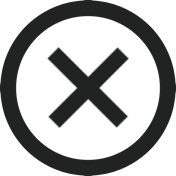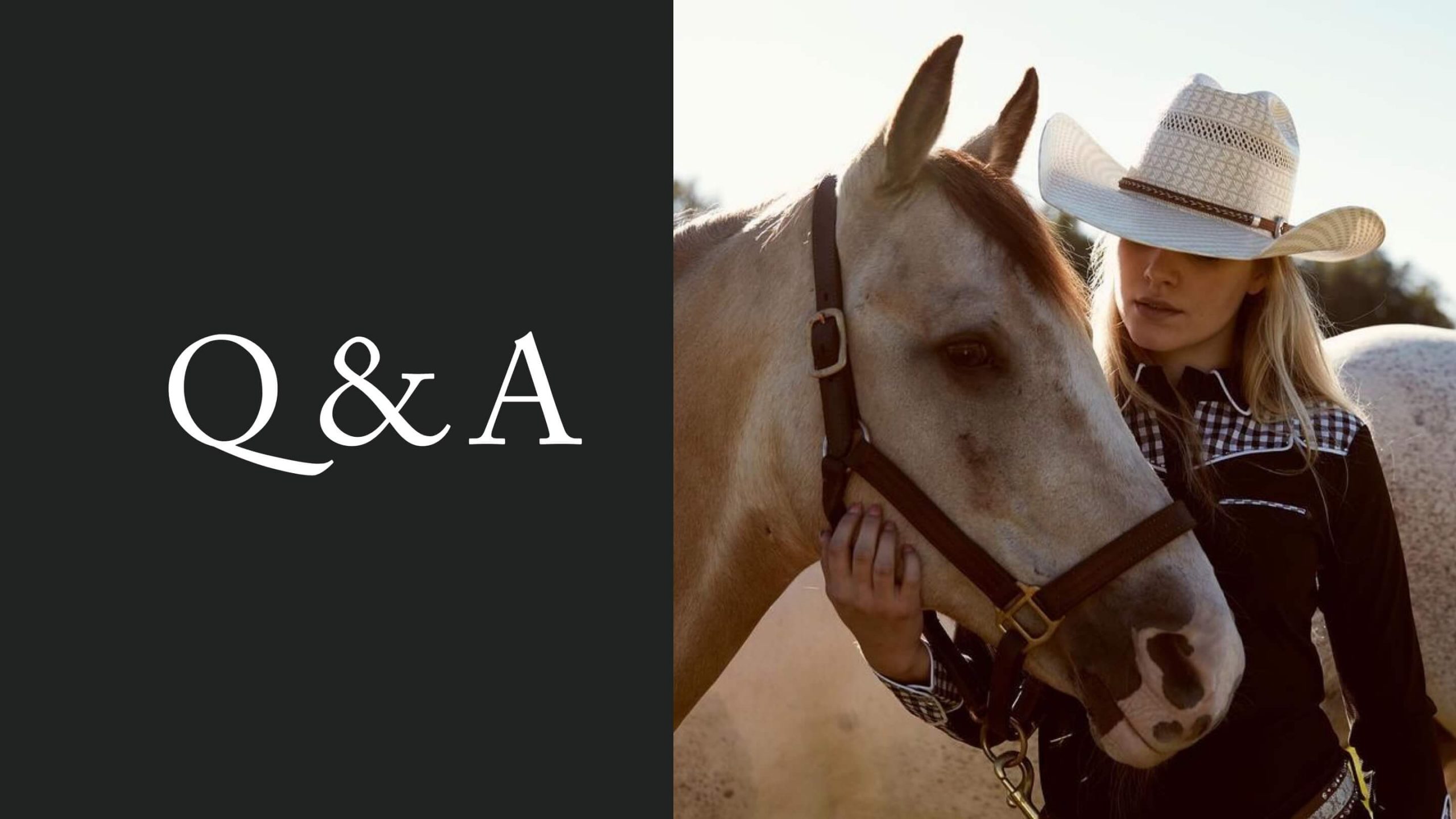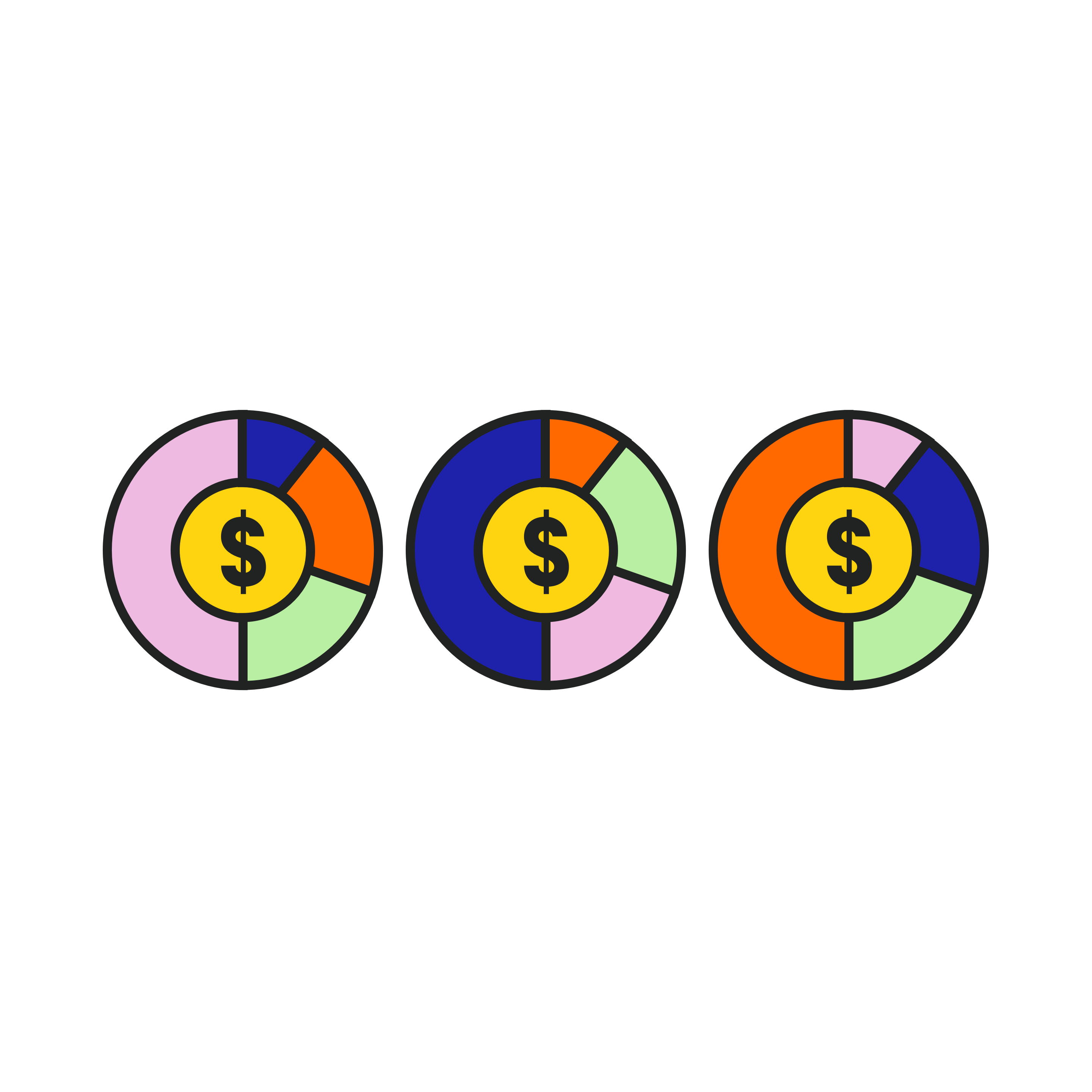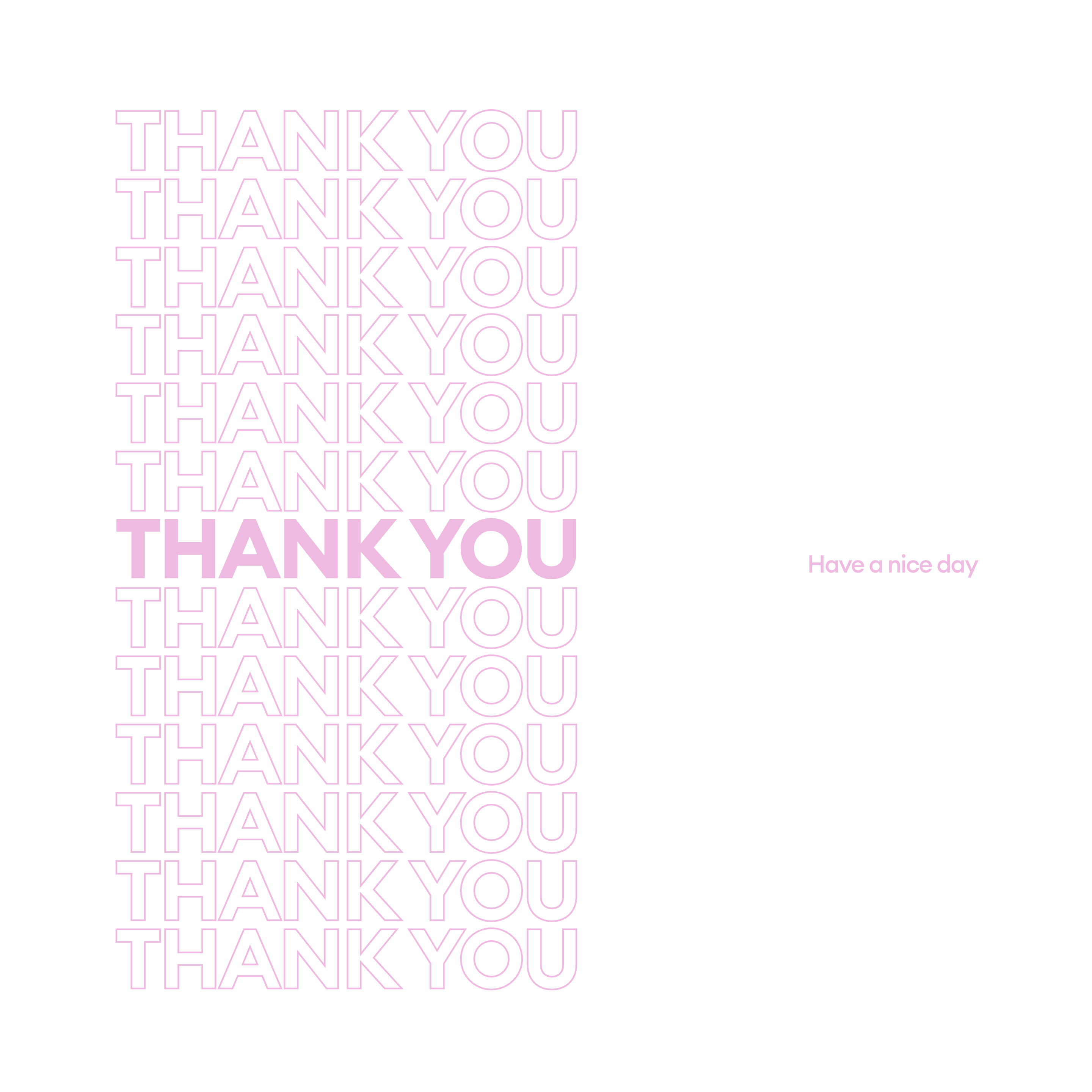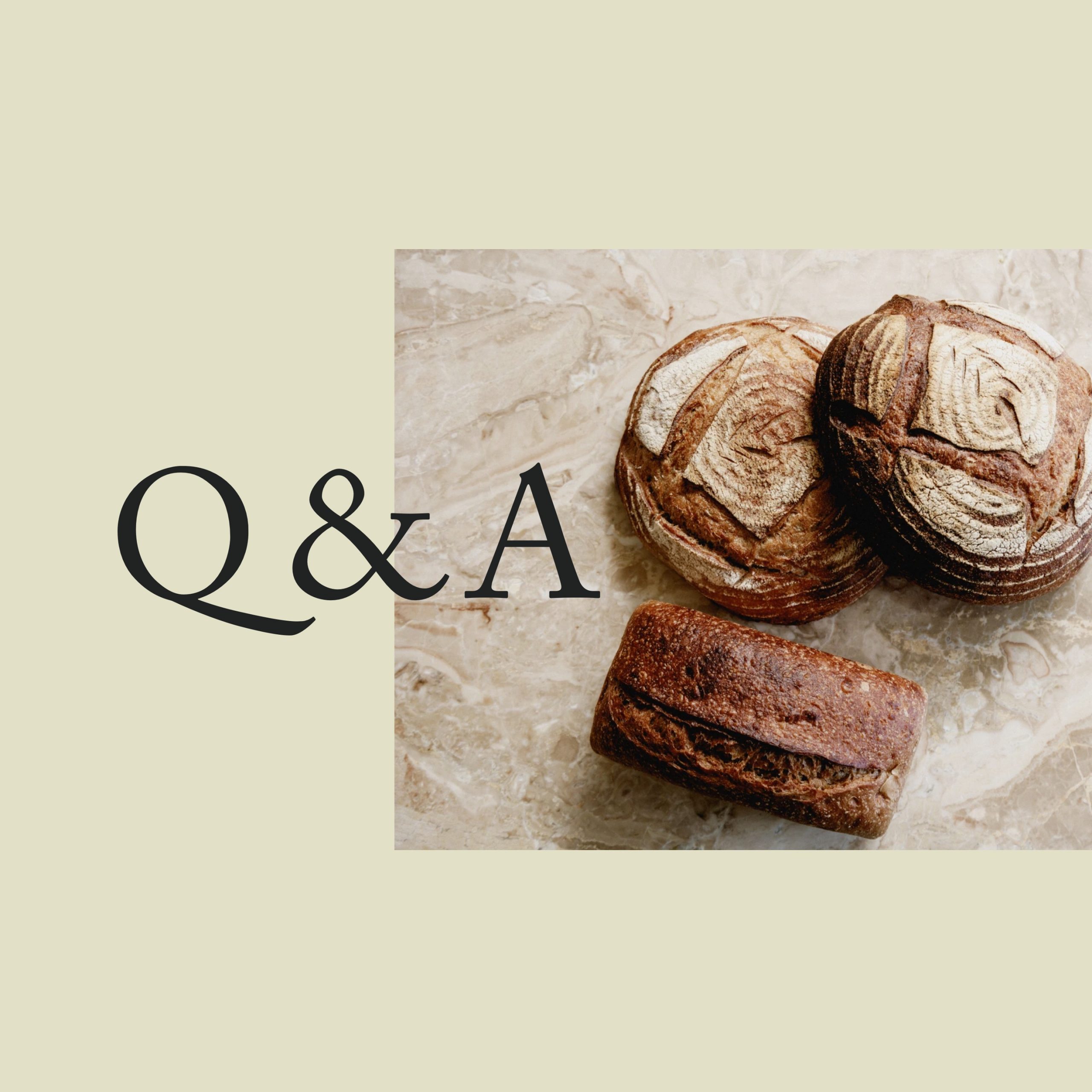Pivoting your business model, no matter the size of the company, is not for the faint of heart. In light of the tornado that was 2020, many brands have shifted their focus from wholesale to 100% online to build a closer relationship with their customers
For Noel Asmar, founder of Asmar Equestrian, shifting her sustainable equestrian apparel brand to direct-to-consumer was a decision she made at the end of 2020 after much careful contemplation. To manage the change internally and externally, we worked hand-in-hand with their tight-knit team to craft a thoughtful, clear communication strategy to help guide the conversation with their loyal customers and wholesale partners.
Since making the switch to digital, Noel has captured some astute insights and lessons to share with other business owners thinking about making the move online.
First off, how did Asmar Equestrian first come to be?
“Asmar Equestrian started off as a passion brand. I was a rider looking for specific pieces that I couldn’t find so I started designing for myself. I actually continue to be the fit model for every single garment we make, so I’ve literally tried on every piece we’ve ever sold. One of the values that comes out of that is that you’re genuinely connected to your product. You know how it feels and how it performs, and as an activewear brand that’s everything to us.”
What were the driving factors behind your decision to shift online?
“In the equestrian community, because it’s a niche lifestyle market, a large emphasis was placed on our relationship with tack shops. The main challenge with tack shops for us was not being able to showcase Asmar Equestrian in an onbrand way. We are multi-category which is unique for equestrian—we offer men’s apparel, women’s apparel, show apparel, outerwear, and the list goes on—so showcasing our brand properly in a physical retail space proved near impossible.
“We also started to see our margins erode over the years. Our prices kept going up because we had more middlemen to pay in order to get our product into the hands of our customers. And yet it was our customers who had to bear the extra cost with no added value. So it truly was drawing a line in the sand—we had to stop this.”
Were there any particular barriers that you experienced?
“If you’re a brand going direct-to-consumer, you have to be extremely thoughtful around your communication strategy. For us, our challenge was getting clear on our message and also knowing what channels to use. This is something Monday helped us with—they approach it as an all-inclusive communications guide.
“Their objectivity was extremely valuable as they could see things from a different lens. One example is the fact that we’re a female-led company and also work with female-owned factories, but we never really talked about that. They uncovered our authentic proof points, things we truly identify with that aren’t just marketing gimmicks.
“They were also able to separate our audience from our wholesale relationships and strategize around how we were going to articulate that message. I don’t think we could have done as good a job as Monday because they could see it from the outside.”
How has COVID affected your business?
“Our industry is heavily driven by events, from amateur all the way to professional events. So equestrian shows are a huge opportunity for us in terms of brand awareness. And then COVID hit which shut everything down and of course impacted the livelihood of trainers and coaches. We made a point to dig deep and launched our COVID Assistance Program which provides trainers and coaches the opportunity to receive industry-high commissions for any sale they’re able to influence—so far over 500 trainers have applied.”
Have you seen your pivot to direct-to-consumer impact your community?
“As a purpose-driven brand in the active, outdoor space—we’re on a mission to become more sustainable in all areas of our business, not just the textiles, but how we do business. And pivoting online has provided us the opportunity to get closer to our customers. Yes, we’re passionate about equestrian and we make clothes, but we’re business leaders at the end of the day, and saw how this shift could positively impact our community.
“We’re also continuing to build our in-house team which is integral as we realize how much more content we need to create. It’s about finding creative ways to continually share your story when you’re speaking direct-to-consumer. We’re also growing our market share internationally and expanding our digital advertising efforts to the UAE and Japan. So the future’s looking bright.”


